Jeff Garrison
Bluemont and Mayberry Churches
October 18, 2020
Matthew 22:1-14
Introduction at the beginning of worship:
Our text for today’s service is about an invitation to a wedding banquet. Even though this is an allegorical wedding feast, the gospels are full of parties which should remind us that God wants us to have a good time in life. This parable shows that God wants to invite everyone, the more the merrier, as the passage foretells the church’s role in reaching out to the Gentiles.[1] But there’s also a warning. When we respond to the invitation, we should prepare ourselves to be in the presence of the King of Kings. Today, think about how you will prepare yourself for such an invitation.
After the Scripture Reading:
Anxiety dreams, those where we find ourselves somewhere unprepared, are common.
I my case, it’s Sunday morning. I’m not ready to preach. I don’t even realize it’s Sunday. I wake up and leisurely go about my business, wearing shorts and a sweatshirt, causally drinking coffee when panic strikes. It’s ten minutes before church. I haven’t written a sermon. I scramble to get dress as I make a note or two about what I can say from the pulpit, then jump into the car and race to church. I pull in just in time only to realize, as I open the car door that I forgot something, like my pants. It’s at that point I wake up sweating and realize it’s not Sunday. Or if it is, it’s 4 AM and I’ve already written my sermon.
There are variations to this dream. Sometimes I lost my sermon, or I thought someone else was preaching so I hadn’t prepared or, maybe instead of no pants, I’m wearing jeans with holes in the knees.
A psychologist might interpret such dreams as an indication of some buried fear of inadequacy, which is a fear of which many people suffer. We go around life trying to look good, to hide our flaws, and afraid that if other people see who we really are, they’ll not like us. As adults, we dream about being unprepared on the job. When we were younger, it might have been being unprepared for a test at school.
A similar dream is based on the fear being socially stigmatized, such as not being invited to a party. This is not a new fear. People feared being embarrassed even in Jesus’ day, which is why Jesus tells us in Luke’s gospel that if we’re invited at a party, we should sit in the back. If we sit up front, we might be embarrassed when a more honored guest claims our seat.[2]
One might also dream about being at a party unprepared. You wear a tux when it’s a costume party or you come dressed in jeans and everyone else is wearing a tux. Or perhaps you bring a gag gift not realizing it’s a wedding shower. Get the picture?
We can all image, I expect, the nightmare of the guest who came to the banquet in our text without a wedding robe. When the King, who represents God, asks where’s his robe, the guy’s speechless. He has no defense and knows it. This is no ordinary party; he’s not just booted out on the sidewalk but assigned to a horrific eternal fate.
The message of the parable is harsh but clear. We’re all invited to a banquet. God graciously extends the invitation, but we must come prepared to be in the presence of the King.
Dirty torn clothes won’t cut it. That’s a joke. Our preparation has nothing to do with clothes. This parable is an allegory. It’s not about an actually wedding banquet, although weddings are a common image in scripture for the fulfillment of the kingdom. Read the ending of the book of Revelation. History concludes with a wedding, uniting a renewed heaven and earth.[3]
The robe represents something other than actual clothes. The prophet Isaiah sings a song of deliverance proclaiming what God has done. Isaiah provides us with another insight into the meaning of such clothing. Listen to this verse:
My soul shall be joyful in my God;
For He has clothed me with the garments of salvation
He has covered me with the robe of righteousness
As a bridegroom decks himself in ornaments,
And as a bride adorns herself with jewels.[4]
Catch that? The robe represents righteousness. The parable points out the need for us not only to attend the wedding banquet, but for us to respond with a changed life. To honor the king who invites us to the banquet, we clothed ourselves, or more correctly we allow the King’s son, Jesus Christ, to clothed, us with a robe of righteousness.[5]
This passage supports the ethical tradition of the Reformed faith.[6] We, who are unworthy, are called by God through Jesus Christ, to come to the banquet, to establish our relationship with our Creator, a relationship that we have broken by sin. Yet, despite that, God graciously calls us when he could just as easily abandon us. God lovingly calls us, sending his Son, so that we not only hear the call but will respond with grateful hearts of thanksgiving.
Our lives as Christians should be balanced between the justification God freely grants and our response. God’s love drives us to sanctify ourselves, to strive for godliness.
The unfortunate man without a robe represents one who hears God’s call—for he came to the banquet—but who didn’t prepare himself to be in the presence of the King.
Jesus ends the parable with a proverb: “Many are called but few are chosen.” Jesus often has a way to throw in a curve at the end of his stories. We’re left scratching our head and having to live in faith.
This proverb is problematic and could, if not understood in context, drive us to despair. It also doesn’t seem to go to with the parable, which only speaks of one not being chosen at the banquet. That poor dude doesn’t make a multitude. Instead, he seems to be a clueless guest who made a major faux pas for which we are left to wonder why he’s not forgiven. His blunder and this closing parable evoke a certain amount of terror. If this guy can screw up, then what is going to keep you and me from making a mistake?
“It’s a fearful thing to fall into the hands of the living God,” asserts the author of Hebrews.[7] But what choice do we have? When Jesus asked the disciples if they, like the masses, want to abandon him, they responded, “Where can we go? Only you have the words of eternal life.”[8]
We have no choice but to live within the tension of the parable. The king is inviting us to the banquet. God is graciously calling us to his kingdom. That by itself should make us thankful and open to responding. But we’re left with the question, how should we get ready?[9]
We should understand that salvation is not just forgiveness. It’s also about renewal. To put this into theological terms, we’re justified and sanctified.[10] That latter step, the sanctification part, requires action on our behalf.
This is the tension that exists between grace and the law—between what God does for us and that which we do in response to God’s love. We can’t do without either one, grace or law. However, we often over-emphasize one or the other. Instead, we’re to respond to God’s grace by striving to live by his law.
The intention of this parable isn’t to drive us to despair as we worry if we’re appropriately dressed, but to encourage us to be ready and to give our best to a God who invites us to the banquet. We’re summoned before God. The king has invited us; we need to respond in faith by striving to live godly lives.
You know, those dreams in which we wake up in sweat, worried about not being prepared? They probably help us be better prepared (like a Boy Scout, “Be Prepared”).
Likewise, this passage which not only has good news, but a terrible warning is a reminder of us to be ready. Yes, God wants us to enjoy the festivities, but we also have responsibilities and obligations. We’re to be God’s light in the world.[11]
Think about Jesus’ life, he enjoyed many dinner parties. And now we’re being called to the party that will top all parties. But first, as my mom used to say before calling us to dinner, “Wash up!” Amen.
©2020 Jeff Garrison
[1] Douglas R. A. Hare, Matthew: Interpretation Commentary for Teaching and Preaching (Louisville: John Knox Press, 1993), 244-251.
[2] Luke 14:7-11.
[3] Revelation 21:2.,
[4] Isaiah 61:10, NKJV.
[5] Matthew’s idea of a wedding garment is an active attempt for us to live by the law (as compared to Paul’s idea that righteousness being imputed and based on our faith). Martin Luther suggests the wedding garment could also mean faith and many who come to the banquet (Judgement day) will lack faith. John Calvin (along with Augustine), suggested that there was no need to debate whether the garments are faith or righteous works as the two can’t be separated. There was also a rabbinical parable from this era in which the wedding garments were seen as “charity,” which implies a more active role in our preparations. See Frederick Dale Bruner, The Churchbook: Matthew 13-28 (Grand Rapids, MI: Eerdmans, 2004), 390.
[6] The Reformed faith (or tradition) refers to the theology of the Presbyterian Church. Presbyterians are not the only ones who are “Reformed.” Presbyterians, historically, came from Scotland and Ireland. The “Reformed Churches” (our cousins) mostly came from the European continent. Others also may hold to a Reformed faith, including some Baptists and Anglican/Episcopal. The Reformed Faith draws from the teachings of Swiss Reformers (Zwingli, Calvin, Bullinger, etc), and places a strong emphasis on the sovereignty of God, the reality of sin, and our need for a Savior.
[7] Hebrews 10:31.
[8] John 6:68.
[9] See Barbara Brown Taylor, “Tales of Terror, Times of Wonder,” The Other Side (March-April 2000).
[10] John H. Leith, Introduction to the Reformed Tradition (Atlanta: John Knox Press, 1981), 79.
[11] Matthew 5:14.

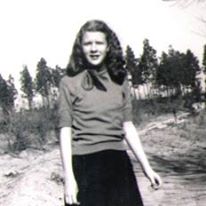


 Jeff Garrison
Jeff Garrison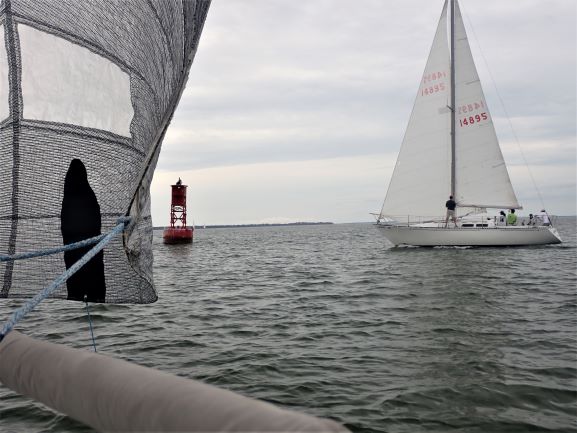
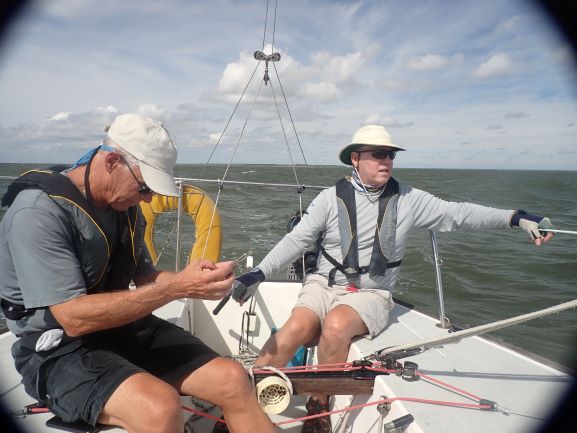
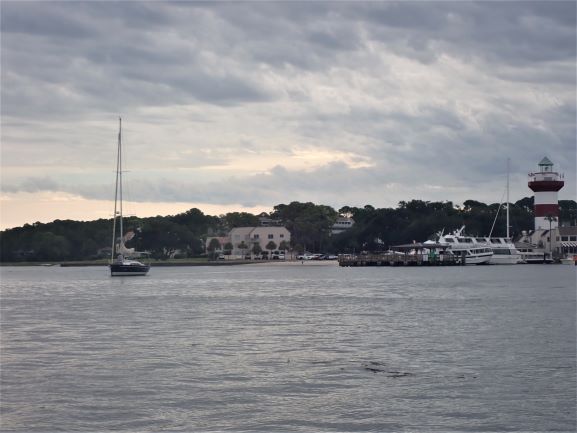




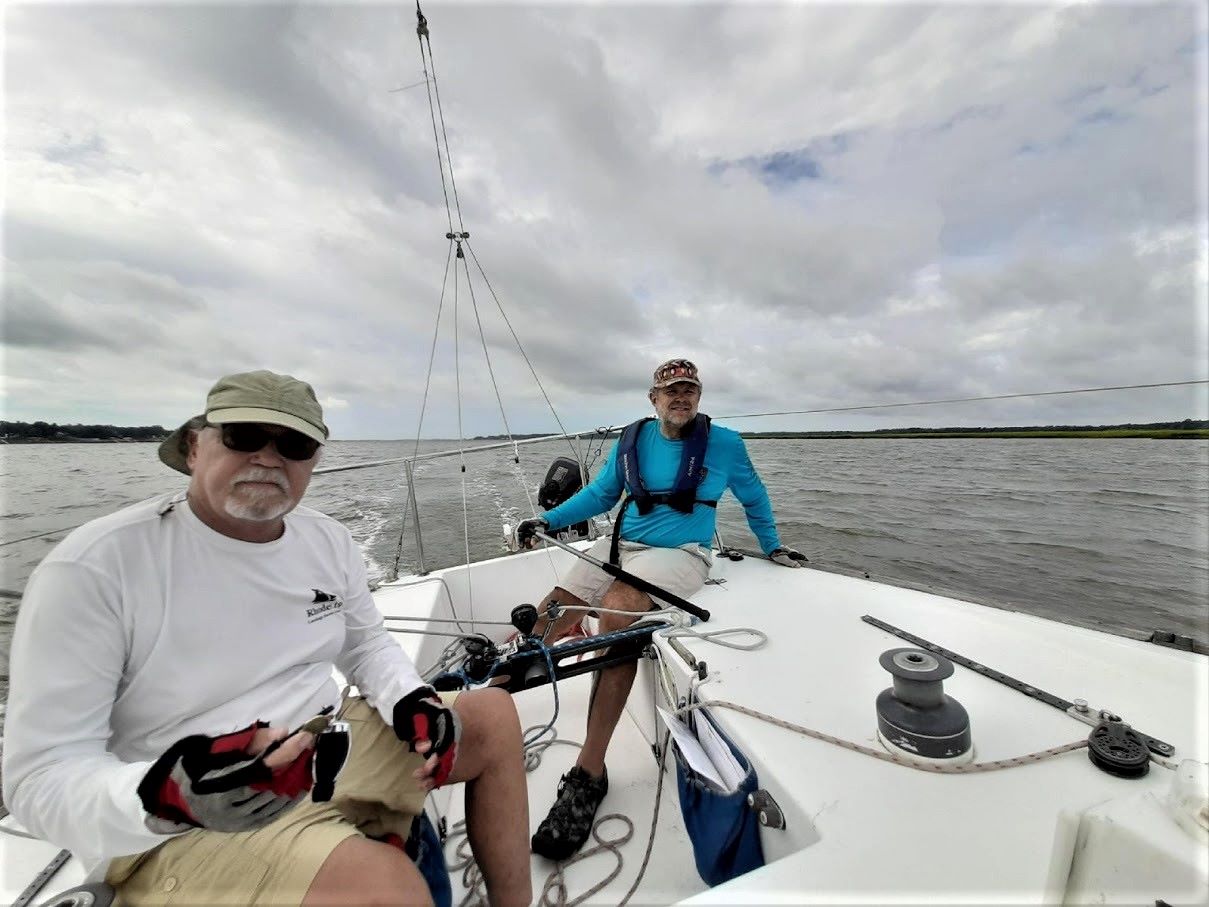
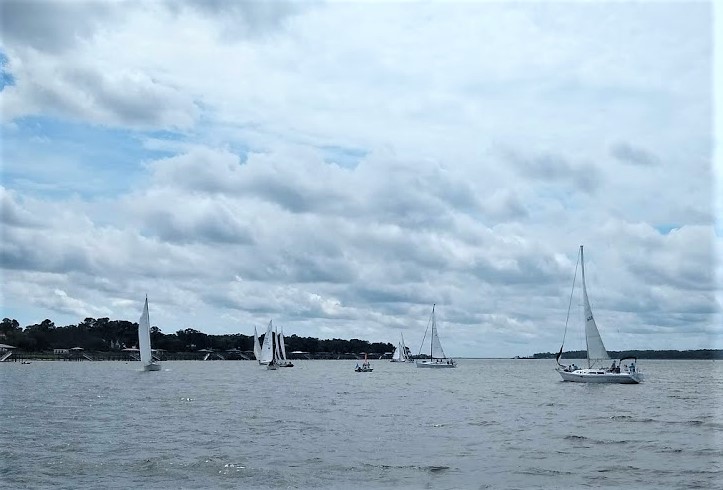
 Jeff Garrison
Jeff Garrison Jesse Cole, Find Your Yellow Tux: How to be Successful by Standing Out (Lioncrest Publishing, 2018), 303 pages, some photos.
Jesse Cole, Find Your Yellow Tux: How to be Successful by Standing Out (Lioncrest Publishing, 2018), 303 pages, some photos.

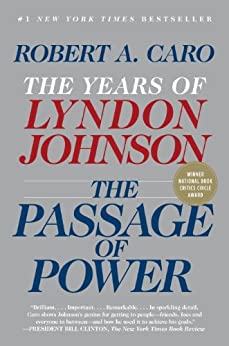 Robert A. Caro, The Years of Lyndon Johnson: The Passage of Power (New York: Alfred Knopf, 2012), 712 pages including notes and sources and 32 inserted pages of black and white photos.
Robert A. Caro, The Years of Lyndon Johnson: The Passage of Power (New York: Alfred Knopf, 2012), 712 pages including notes and sources and 32 inserted pages of black and white photos.